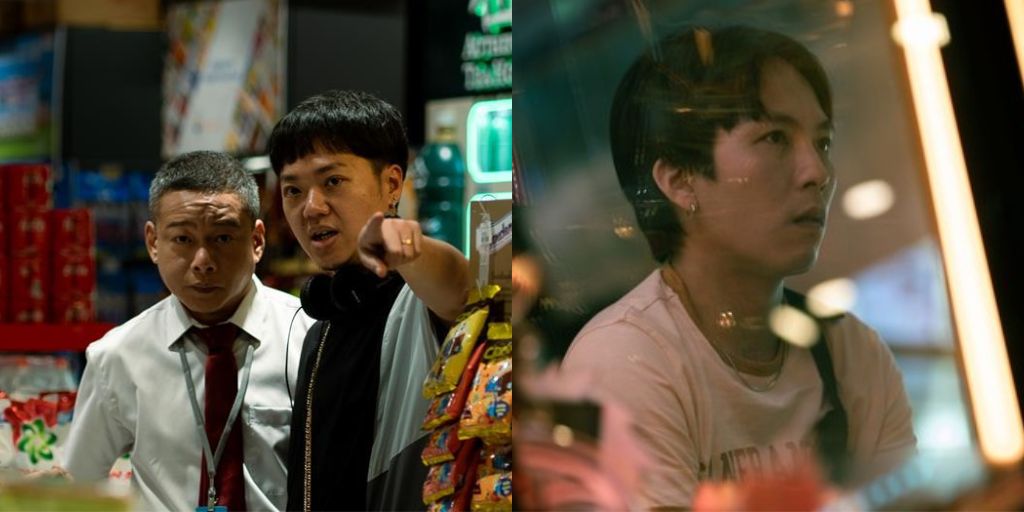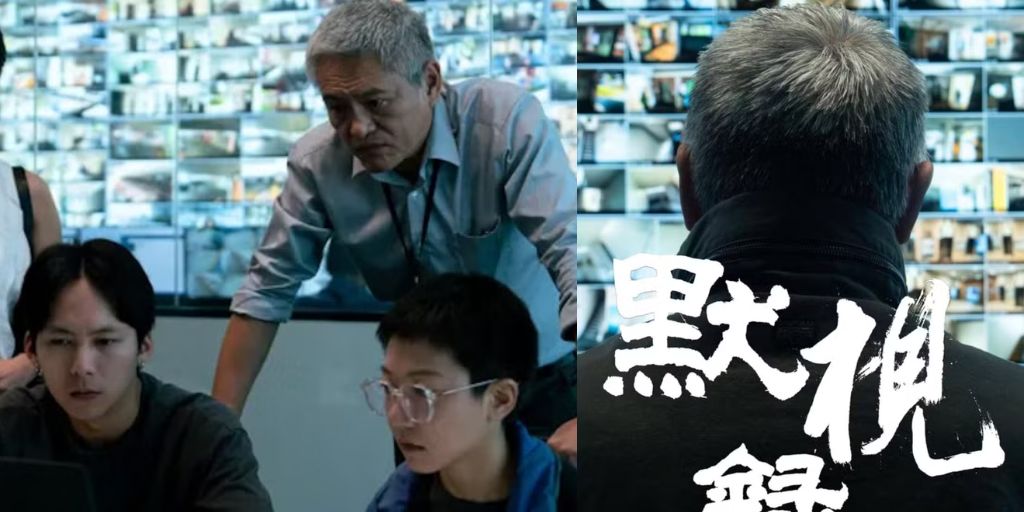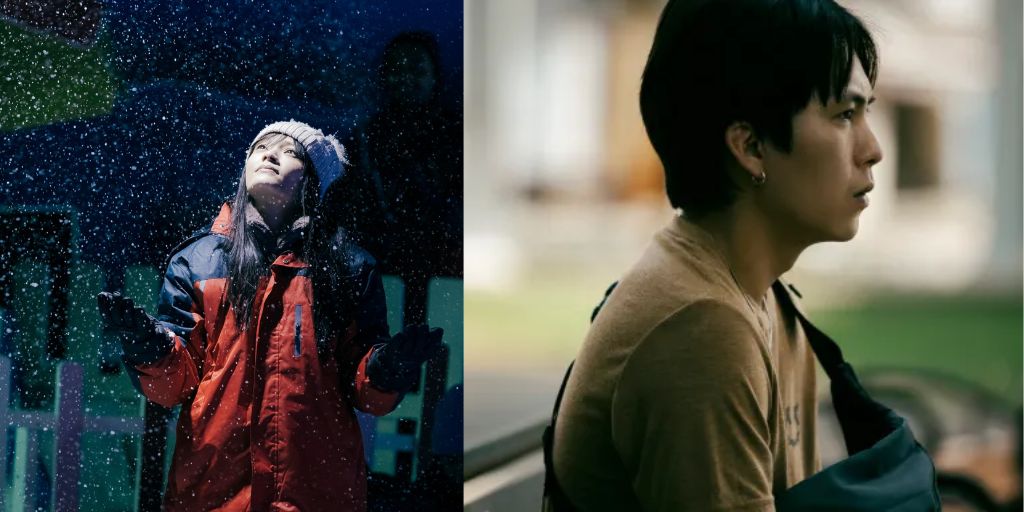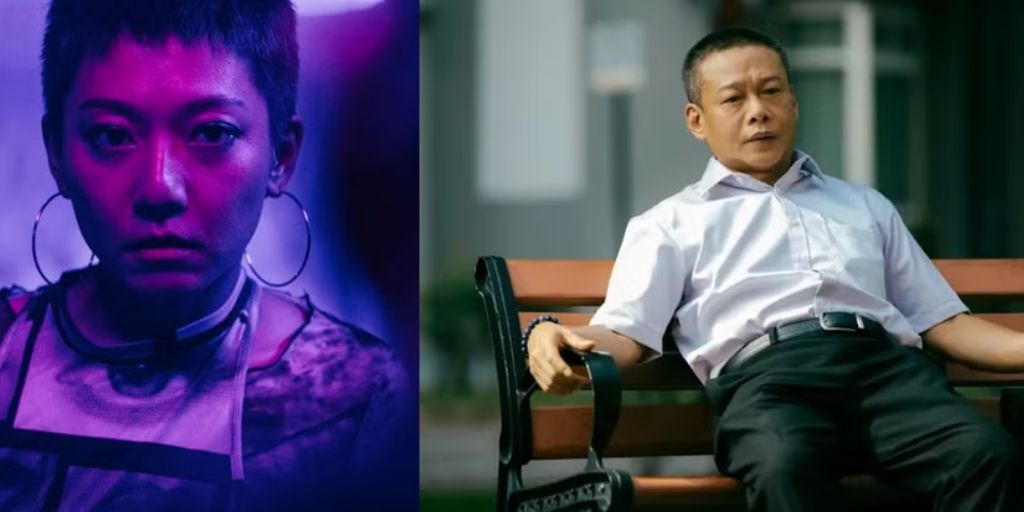Stranger Eyes tackles a topic that is often dealt with in films today: how technology, social media, and surveillance affect our privacy and humanity. The movie examines how we watch each other’s lives and how this can lead to mysteries and thrills.
People enjoy films that show how we can sneak into the lives of others, and technology now makes this easier than ever. But, even with such an interesting topic, Singaporean writer-director Yeo Siew Hua’s Stranger Eyes does not manage to offer anything new or disturbing with its story.
At the heart of the film is the story of a kidnapped child. Her parents try to find her while dealing with how much we can learn about strangers just by watching their lives. The film also touches on how vulnerable people are because of the constant surveillance happening all over the world.
But it quickly moves towards a different angle, becoming somewhat similar to the film One Hour Photo, where a lonely man is led into invading the privacy of others due to his isolation. Though comparing a movie to One Hour Photo isn’t necessarily a bad thing, it’s not a compliment either when a movie from 20 years ago handled the same idea much better.
Stranger Eyes feels old and doesn’t seem to have anything significant to say. It would be fine if the film managed to create a chilling atmosphere to make up for its lack of a solid plot or strong social message, but sadly, this is not the case.
The movie opens with a happy scene. A couple, Junyang (played by Wu Chien-ho) and Peiying (played by Anicca Panna), are playing with their baby daughter, Little Bo, while filming a home video. The child is loved and cherished by her parents. Though the scene is joyful, it is clear that this happiness is in the past, and things have since changed.
The film then cuts to the present day. Peiying is now detached and watches the old home videos over and over, trying to find something, anything, that can give her clues about what happened. Little Bo was kidnapped while Junyang was watching her at a public playground.

He got distracted by a phone call, and in that moment, Bo was taken. Peiying spends her days blankly staring at the videos, hoping for answers. Junyang, on the other hand, meets with his mother, Shuping (played by Vera Chen), who continues to hand out flyers of Bo to people, hoping someone has seen her. Shuping’s actions, while understandable, end up scaring other mothers.
The family’s despair and hopelessness are clear from the start, and it seems like all hope of finding Bo is lost. Then something strange happens. The family starts receiving DVDs that show shaky footage of Junyang shopping with Bo before she disappears.
Another DVD arrives, showing Junyang the day before Bo’s kidnapping, where he is seen following a young mother whose child looks like Bo. The family is shaken by this, as they believe the person sending these DVDs might be the one who kidnapped Bo. Soon, the person behind the DVDs is revealed—it’s the lonely grocery shop manager, Wu (played by Lee Kang-sheng).
The movie then shifts its focus to Wu, and we begin to understand why he started following and filming the couple without their knowledge. The film takes us through the lives of the various unhappy characters, and the boundary between what’s public and what’s private begins to blur.
Stranger Eyes is a film filled with sadness. Every character in the movie seems to be broken and beyond repair. This makes sense for Junyang and Peiying, who are going through the nightmare of losing their child. However, the movie’s very dark tone never changes, making it hard to watch.
While the plot seems like it could be a gripping mystery, following a detective determined to find the missing child, Bo’s disappearance takes a backseat to the movie’s focus on lonely, depressed characters. The film promises a huge, serious event— a missing child— but then drifts off into the quiet, sad lives of its characters.
By the time the movie reveals what actually happened to Bo, the audience may not care anymore, as watching the film feels like a long test of patience. The movie moves back and forth between different characters, showing their individual lives and how they are connected.

The film expects the audience to be deeply interested in these characters, but the problem is that most of them are only defined by their sadness and personal tragedies. The female characters, like Peiying and Shuping, are given more life and depth. They manage to break through the cold and despairing atmosphere of the movie.
But the story focuses much more on the two male leads—Junyang and Wu—who are not engaging enough to carry the film for its long two-hour run. There’s a twist in the movie’s final act, but it concerns a new character who is only introduced shortly before, another sign that the film expects viewers to care more about the characters than they do.
The theme of how interconnected our lives are, even when we feel completely alone, is interesting, especially in today’s world where social media makes it impossible to escape other people’s lives. But Stranger Eyes doesn’t do much with this idea. Instead, it drifts through its story without direction, and the plot feels far removed from the film’s beginning.
The movie seems confused about what it wants to be. It’s written like a mystery-thriller, but directed like a slow, tragic drama. This mismatch, along with the stiff direction of Yeo Siew Hua, makes for a movie that fails to grab the audience.
Since Stranger Eyes is about being watched and recorded, it takes a filmmaking approach similar to found footage rather than a big-screen thriller. Yet, as the camera follows behind the characters, it loses its connection to the story, making it feel as if there’s no clear reason or purpose for many of its scenes.
Because most of the characters are defined by their sadness and tragedy, it’s difficult to make them feel lively. Wu Chien-ho, as Junyang, is not the most engaging lead. He barely reacts to the major events in the movie, making the audience feel as disconnected as he does.
Anicca Panna as Peiying and Vera Chen as Shuping, on the other hand, bring more depth and emotion to their roles. They manage to show anger, sadness, and pain in a way that feels real, bringing some much-needed emotion to a film that often feels empty.
Lee Kang-sheng tries his best to make Wu a sympathetic character. He succeeds in showing Wu’s deep loneliness, and his performance is heartfelt and sad in every scene. But the film doesn’t find Wu’s character enough, leaving us without a clear understanding of why someone like him would invade the lives of others without being portrayed as a clear villain.
Stranger Eyes feels outdated. With a story that revolves around timely issues, like the impact of social media on our privacy, the film barely touches on the most frightening aspects of these topics. It misses out on showing how much social media lets strangers see into our lives and how watching others’ seemingly perfect lives can make people feel worse about their own.

While there are hints of a better story here, the film’s lack of emotion and its scattered plot make it feel like a lifeless mystery thriller.
Stranger Eyes is a film that attempts to find heavy themes such as loss, surveillance, and the loneliness that can arise in a world where privacy is constantly under threat. Despite a compelling premise, the movie falls short of delivering a truly engaging or unsettling experience.
The pacing feels slow, and the characters remain detached, making it difficult for the audience to connect with their struggles. The film’s narrative jumps between the personal tragedies of its characters but fails to give them the depth needed for viewers to care deeply about their stories.
While there are moments where the film hints at the unsettling nature of being watched and recorded, it never fully embraces the psychological tension that could have made it more impactful.
The performances of Anicca Panna and Vera Chen stand out, bringing emotional weight to their roles and providing a much-needed sense of humanity in a movie that often feels cold and distant. Lee Kang-sheng also delivers a sorrowful portrayal of loneliness, but the lack of character limits the impact.
Stranger Eyes ultimately leaves viewers with a sense of missed opportunity, offering a story that could have gone deeper into the complexities of modern surveillance culture but instead remains emotionally flat and directionless.




